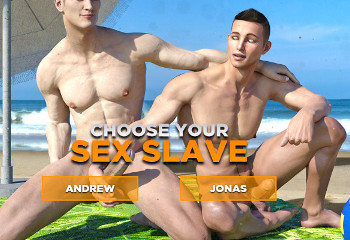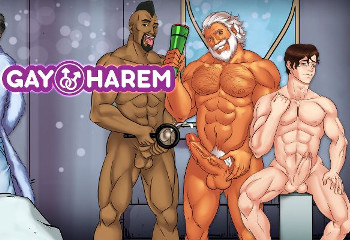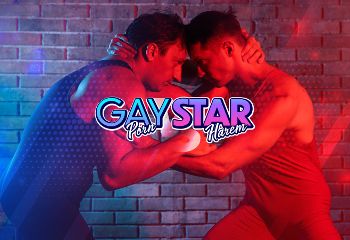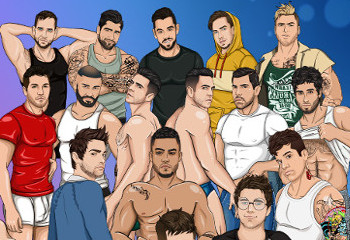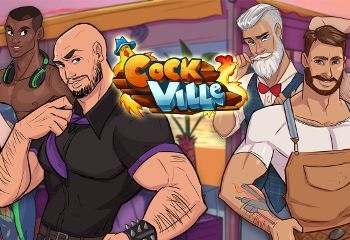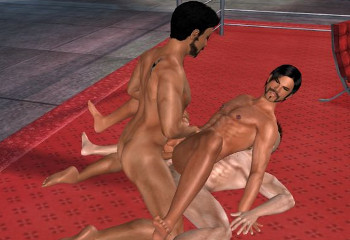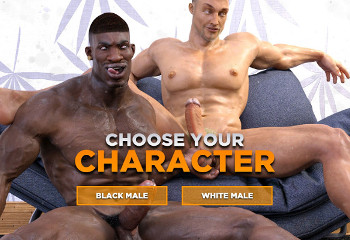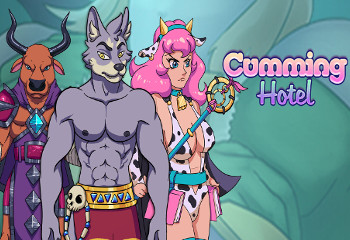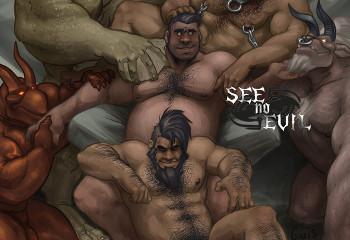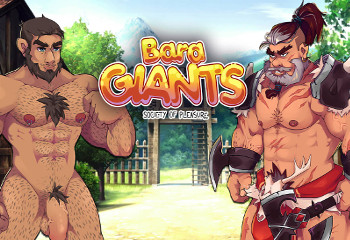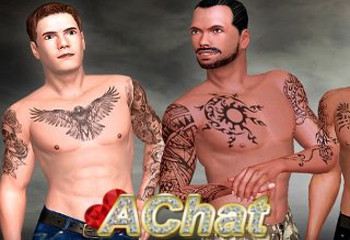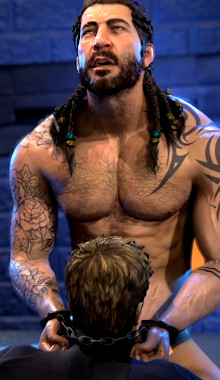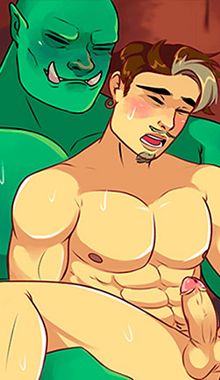
Gay games
As LGBT people continue to fight for inclusion in sport, the Gay Games provides a joyous space where they can be their authentic selves. Its founder - the Olympic decathlete Tom Waddell - dreamt of an event that would celebrate diversity and inclusion. It's where a same-sex figure skater can wear matching denim jumpsuits and a trans basketball star from Uganda can compete despite Covid-19 travel restrictions. The origins of the Gay Games. When Waddell founded the Games in 1982 there were few outlets for openly gay athletes beyond bowling and billiards leagues associated with the bars that had been their safe havens.
He called them the Gay Olympics but was forced to change the name after an injunction from the US Olympic Committee citing the use of the word "Olympic". The GayGames have become one of the world's largest sports and cultural events, welcoming competitors from countries where homosexuality is illegal or widely discriminated against.
Tom Waddell, a former Olympic decathlete, conceived the Games in 1982 to promote LGBT equality, but he also wanted to address some of what he saw as the negative aspects of the Olympics. For example, he wanted to see athletes compete without the sexism, racism and homophobia that marred the 1968 Olympics when Tommie Smith and John Carlos raised their fists in protest.
Free gay games download
The GayGames grew in size and scope. As AIDS cast its shadow over the gay community, the Games became increasingly important. Waddell died in 1987, but his dream endured. The 11th Games will take place Nov. 3-11 in Hong Kong and Guadalajara, both first-time hosts. The Gay Games offer a model for inclusion that mainstream sport can emulate. The Games are open to athletes of all levels and genders, competing in the binary category they choose. The Gay Games are open to all athletes regardless of sexual orientation, race, religion, gender identity, sex and more. They are one of the world's largest sporting and cultural events.
![]()
Stud Game![]()
Gay Harem![]()
Gay Pornstar Harem![]()
Men Bang![]()
LGBT gay games![]()
Cockville![]()
Fap CEO: Men Stream![]()
3D GayVilla 2![]()
Trans Pornstar Harem![]()
3D Gay Game![]()
Run Kitty![]()
Cumming Hotel
3D gaygames
The GayGames have always embraced HIV/AIDS awareness, and at the first Games in San Francisco in 1982, swimmer Jim Ballard broke two world records while raising his fist like Tommie Smith and John Carlos. The Gay Games gave LGBTQ athletes a place to excel during the darkest years of the AIDS epidemic. The legacy continues to this day.
At the Gay Games, a same-sex figure skating pair can perform to "Hopelessly Devoted To You." At the regular Olympics, such an act would be illegal. The Games also promote acceptance. That is a message that must be delivered even in places like Hong Kong. During the Games, participants were encouraged to wear their HIV-positive status openly. This was a time when the transmission of HIV reached epidemic proportions in the US, where homophobia was rampant.
Today, the LGBT community continues to fight for equality and the Gay Games continue as a model that can inspire mainstream sports to increase inclusion. For athletes, a week of participation in the Games can be life-changing.
Play 3D gay game free
The Gay Games are open to anyone 18 or older regardless of sexual orientation, gender identity, race or religion. It is also the first international sports event to allow athletes to compete in the gender division with which they identify.
But in Hong Kong, the Gay Games have been controversial. Some pro-China lawmakers have warned that the event promotes gay rights, in breach of a national security law Beijing imposed on the city after protests. The Games welcome athletes regardless of sexual orientation, gender identity and expression. They are open to anyone 18 years or older. Waddell envisioned the Gay Games as an antidiscrimination protest at the time when HIV was rampaging through San Francisco's gay community. They grew into an international event, modeled after the Olympics and including such events as bowling and e-sports. The Games also promote activism.
Founded in 1982, the Gay Games give LGBTQ athletes of all nations a joyous place to excel. They also humanize their competitors to spectators, as Tom Waddell hoped. It is where a gay figure skating pair can perform to "Hopelessly Devoted to You". It is where a trans basketball player from Uganda, where HIV-related discrimination still thrives, can compete. And it is where activism is encouraged, even on the playing field.
